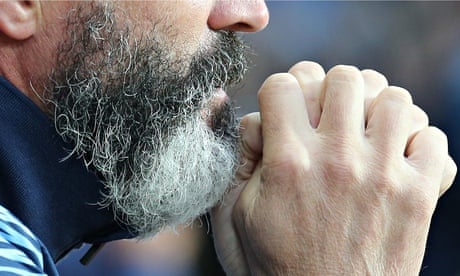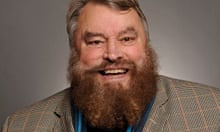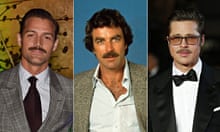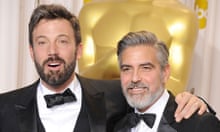Padraig Reidy: we should wear our face fur with comfort and pride

Full-on facial hair has infiltrated the establishment for the first time since the Edwardian era, with an exhibition due to open in Somerset House, showing pictures of men from various walks of life in full, unfettered, hirsute-cheeked glory.
But what does our current state of heightened, almost hysterical pogonophilia tell us about the world we now inhabit? As ever, we must look to Marx. The great philosopher's beard was, like his books, long and dense. Civilised yet unsubdued, it serves as a visual analogy for the soul of man under socialism.
I've worn a light beard (light due to genetics rather than taste) for much of my adult life now, and I'd have to admit that I grew it at first with a vague, possibly ridiculous sense of counter-cultural defiance. I felt, (and probably still do feel, a little) that it gave me a tiny extra bit of gravitas, a manly, grown-up demeanour. It also serves as an excellent addition to one's deep-in-thought face.
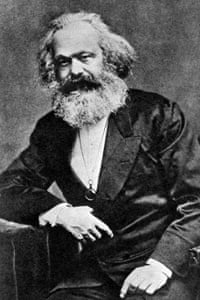
But has its current de rigueur status meant the beard has become sanitised? Coiffed, trimmed, another vehicle by which the grooming industry has co-opted men and women into petite-bourgeois conformity? The bodily equivalent of a Che Guevara poster on an Oxbridge common room wall? (Che's beard was, like his politics, notably patchy.)
I hope not.
There is still scope for the intervention of the beard as a transgressive prop, something achieved, for example, by Conchita Wurst at the Eurovision Song Contest.
Meanwhile, Roy Keane's epic effort (recently shaved, but now returning) showed that a well-grown beard can add edge, even to people you couldn't have imagined being any edgier.
The very fact that we're having this debate suggests that beards are still not fully accepted in polite society: Pogonophobia is real, as the Beard Liberation Front continues to point out. Yet beardedness, for many if not most men, is the natural state of affairs. We should wear our face fur with comfort and pride. Besides, have you seen the price of razor blades?
Rupert Myers: on the world stage, beards are the mark of a loser
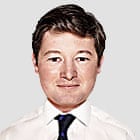
If agitated columnists are to be believed, masculinity is under threat. One of the ways we men are apparently reasserting ourselves in this century is via the beard. We might as well have challenged women to a contest about which of us has more Y chromosomes.
Beards are either a sign of laziness or a statement of vanity. The modern beard, grown as a proxy for personality and worn as an accessory to a plaid shirt, is a sure sign of someone trying to forge the impression that they do not care how they look. The only sensible way to avoid the lazy/vain trap is to shave. James Bond has only ever had a beard after being incarcerated. I've only ever stopped shaving during exams, but "the beard of wisdom" grown during my A-Levels took more time to keep clean and tidy than shaving.
On the international stage, beards tend to be the mark of a loser. The perfect example of this trend is Al Gore, who flounced off in presidential defeat and grew one. Saddam Hussein's grew long and scraggly during his downfall, and Bosnian Serb politician Radovan Karadžić went into hiding abetted by facial hair. You may not agree with beardless election winners such as Barack Obama, Bill Clinton, George W Bush and Tony Blair, but there's a reason that William Howard Taft was the last US president with facial hair in 1913: beards were seen as being the preserve of hippies and communists, shaving a sign of respectability. From George Galloway to Russell Brand, in contemporary British politics facial hair is problematic. The word "beard", after all, can mean something used to hide sexuality or infidelity, and when not worn for blameless religious reasons, it can be hard to trust.
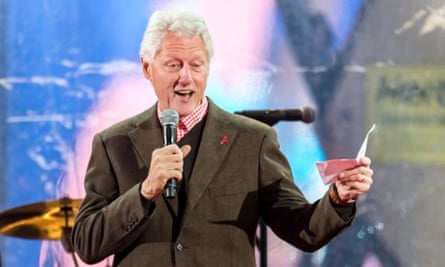
When photographer Brock Elbank claims of his exhibition "It's not the beard, it's the person wearing the beard" I have to laugh, because it is quite obviously the beard as an aesthetic choice that is the focus. That men can allow hair to grow out of their face is hardly worthy of excitement: the beard is just another thing to preen, a second, time-consuming hairstyle to affect.
